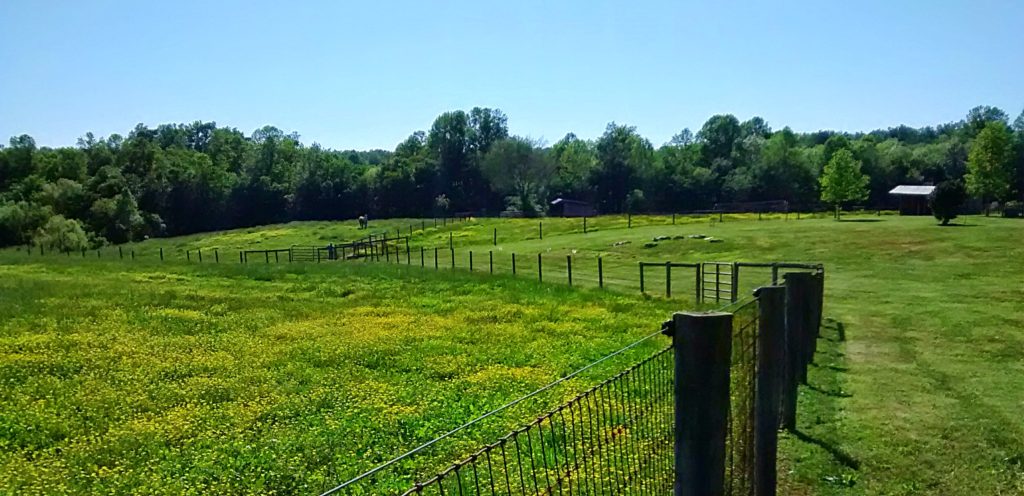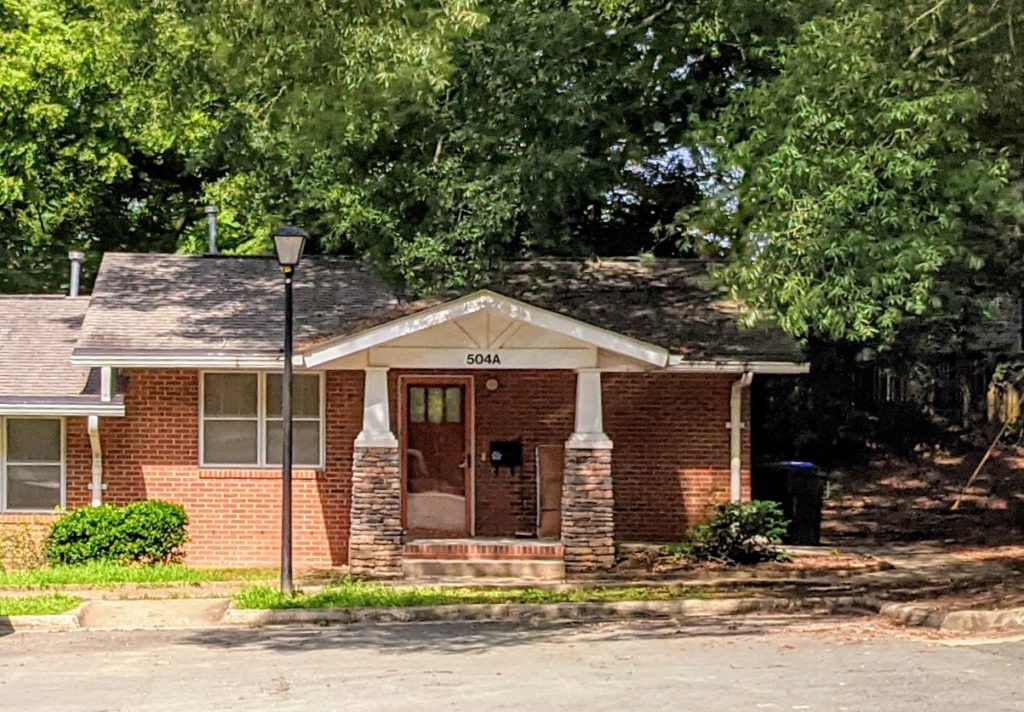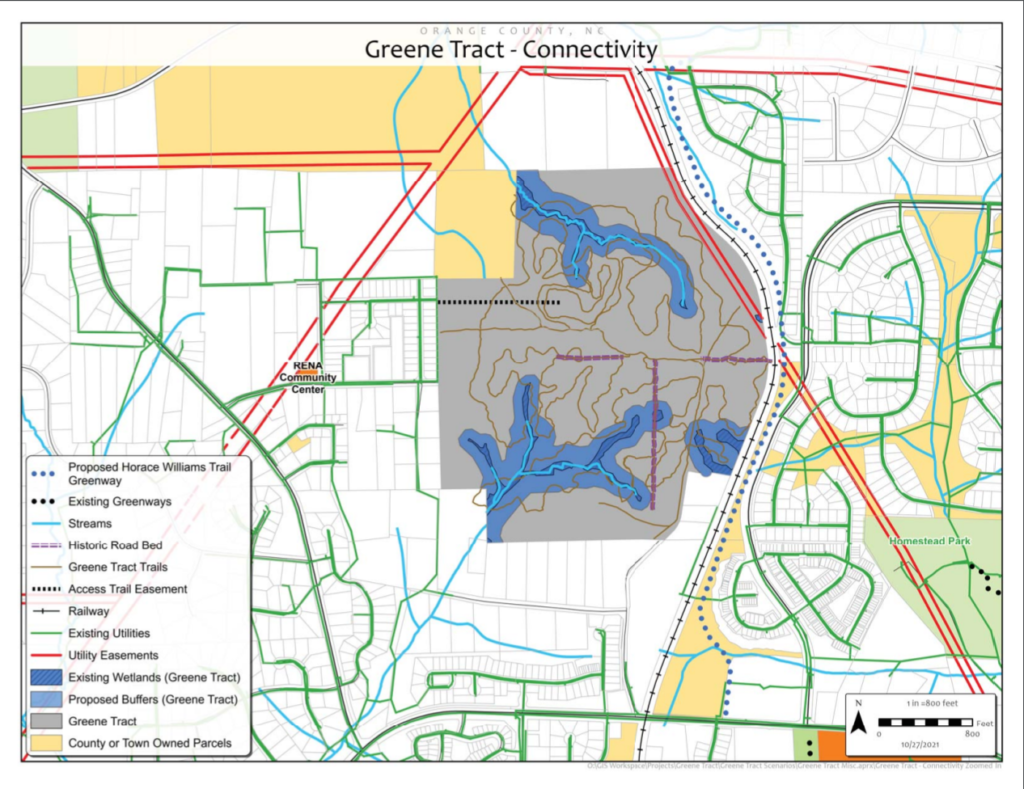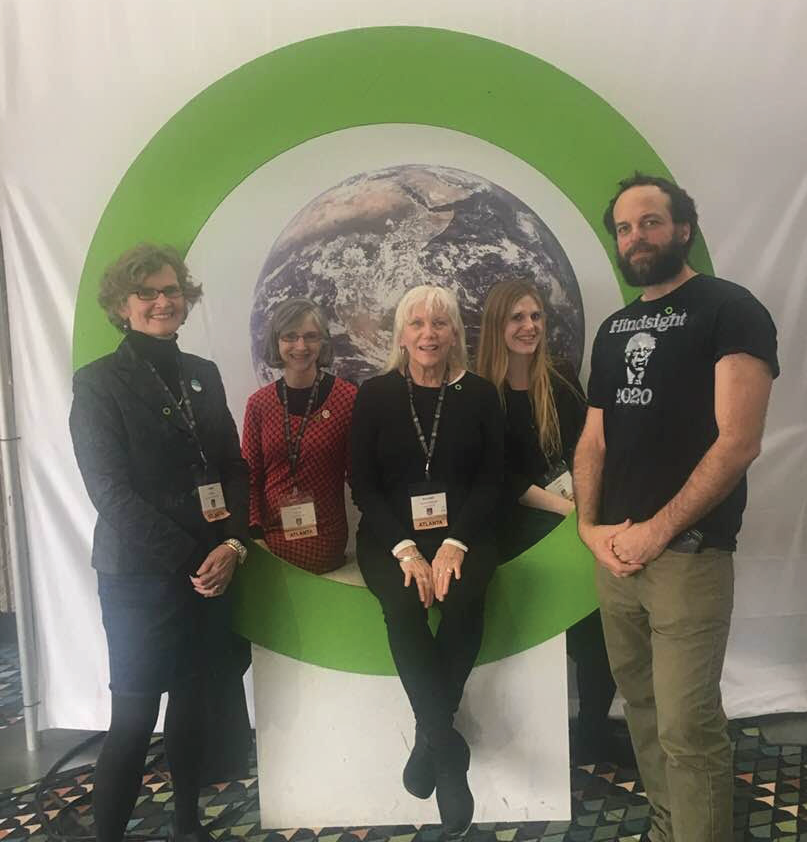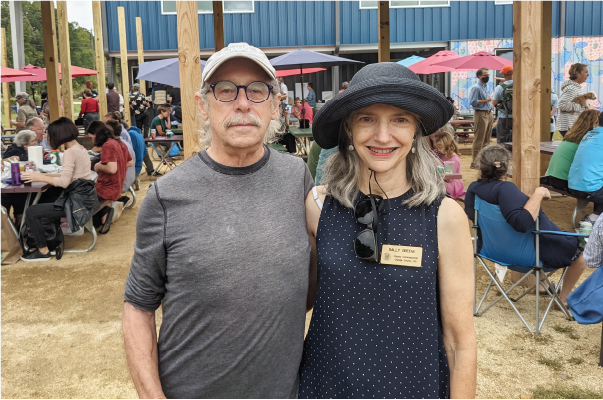Equity in Action Platform
EQUITY in ACTION:
My platform for serving Orange County
2022-2026
County government directly affects all of our lives. Orange County’s responsibilities include schools, libraries, parks, and land conservation. The county invests in affordable housing, mental and behavioral health, and support for seniors as well as families and children in need. The county provides resources to humanize the criminal justice system and to help people exiting jails and prisons build new lives. The local business and agricultural communities benefit from its grants and loans, and the county works to attract new businesses to provide jobs and expand the tax base.
And yet, there is a growing awareness — laid bare by the pandemic — that the benefits of living in Orange County are not equally distributed. Inequities grounded in generations of racial prejudice persist. The way forward is to tackle them straight on with corrective policy or with new strategies for solving old problems.
Accordingly, my priorities for a second term are focused on creating a more equitable Orange County — so every resident can make the most of what this community has to offer.

Continued COVID-19 vigilance and support for those struggling with the fallout.
For as long as necessary, the top priority for Orange County government will be to keep residents safe by staying abreast of the latest public health directives and providing vaccines and testing. Other continuing efforts will include critical support for those who need help the most:
- financial assistance for housing and rental payments
- grants and loans to support our small businesses
- social safety net resources for our neighbors afflicted with behavioral and mental health challenges.
With these priorities, the County is doubling down on its mandated role of safeguarding the health and welfare of its residents. The pandemic has worsened existing inequities in virtually every aspect of our lives. As the saying goes, the rain falls on rich and poor alike, but the rich have better umbrellas.
Fair access to high-speed broadband internet for rural Orange County residents.
Thousands of homes in rural Orange County lack quality broadband internet – the high-speed, high-capacity connection that allows rapid transfer of large volumes of information. When so much of daily life requires efficient telecommunication, this inequity is unacceptable.
State law limits what local government can do on its own, and the high cost of installing the necessary infrastructure leaves internet service providers with little incentive to serve rural areas.
With Commissioner Earl McKee, I co-chaired a task force charged with find a provider who would bring rapid transmission fiber-optic cable to the areas of the county that currently lack broadband capability.
Through a negotiated process, the Board of Commissioners allocated $10 million of its $28 million in federal COVID relief money to this cause. The resulting partnership with Lumos Fiber will bring fiber to the residences of thousands in rural Orange County, beginning in spring 2023.
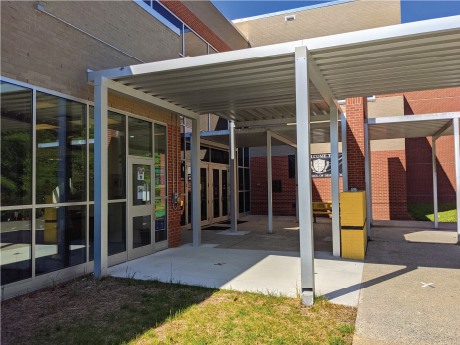

Ensuring all public school students receive the support and educational opportunities they need.
The disruptions of the pandemic have been especially hard on students. While all are recovering from learning loss, Black and brown students may be carrying additional wounds of racial trauma and stresses of the immigration experience. In the Chapel Hill-Carrboro System alone, 78 students are homeless and are in urgent need of support.
In terms of school facilities, both county districts are challenged with critical maintenance needs – nearly $500 million required over the next 10 years.
- Opportunity gap reduction and student mental health support. In consultation with the school districts, invest $1.5 million of the county’s unexpected 2020-21 budget surplus in a special, recurring fund dedicated to strategies to close the racial opportunity/achievement gap and address mental health.
- Facility task force. Work with school officials to establish a long-term plan for financial outlay and facility maintenance scheduling.
- Durham Tech. Continuing to support the dual enrollment and Durham Tech Promise programs at Durham Technical Community College’s Orange County campus.
Providing a place for everyone: maximizing affordable housing and minimizing homelessness.
Housing affordability in Orange County had already reached a crisis state well before the COVID-19 pandemic added new layers to the problem. Making matters worse for many low-income residents, the 2021 property revaluation artificially inflated the value of their homes, creating a grossly inequitable effect on their property tax. Chapel Hill’s historically Black Northside neighborhood was especially hard-hit. I was among the board voices to call for creation of the Longtime Homeowner Assistance Program, which offers tax bill assistance to help people stay in their homes.
I will continue to promote multiple avenues to increase affordable housing, including:
- Continuing pandemic-era programs for rental and utility assistance and eviction diversion.
- Implementing a countywide manufactured homes action plan, when possible helping residents become the owners of the land they are living on.
- Continuing partnerships to create, renovate, and rehabilitate homes with the Local Government Housing Collaborative and the nonprofits of the Affordable Housing Coalition.
- Moving forward with development of the Greene Tract, a 164-acre tract jointly owned by Chapel Hill, Carrboro, and Orange County. Following a conceptual plan approved by the three governments, the next steps will engage the public in creating plans for new housing while preserving sensitive environmental areas. As I explain further, generations of policy decisions have inflicted environmental racism on the Rogers Road community, and the time act is now.
- Funding additional resources to fill the gaps identified by the Partnership to End Homelessness; strategies include rapid rehousing, permanent supportive housing, and more.
- Expanding county-owned land holdings for future affordable housing development – “land banking.”
- Improving senior housing choices, quality, and affordability, including housing with services and long-term care options.
.
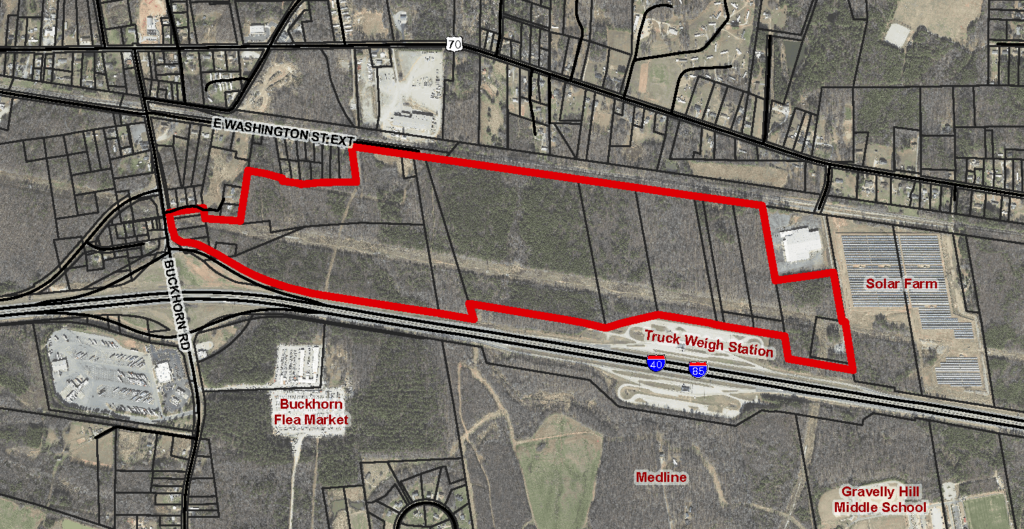



Capitalizing on our unique and varied assets for economic prosperity and resiliency.
During my first term, the County recruited five major industrial or health-related businesses for new or expanded sites. By 2026, these businesses will employ 1,300 people at average salaries ranging from $41,000 to $71,000.
While job creation and tax base expansion are essential, we need to be sure we are balancing the economic needs of the county with the needs of neighborhoods in hosting new industry – one example being the impact of the Buckhorn economic development district on the historically Black Efland-Cheeks neighborhood.
To allow deeper dialog between residents and the Board of Commissioners, I have proposed a new step in cases in which rezoning is required: the Board would hear public comments at the beginning of the project review period, rather after county planning staff has reviewed it.
Additionally, I am prioritizing the following economic development strategies:
- Strengthening the local food system for economic growth and equity.
- Continuing partnership with the Piedmont Food Processing Center, a county-supported food business incubator that has given birth to hundreds of new food products and is especially supportive of women entrepreneurs.
- Pursuing creation of a light-industry food campus to enable start-up food businesses to get to the next level while remaining in the county.
- Expanding the farmer training program operated by our agricultural extension office.
- Continuing to support the Orange County Food Council, especially its work with Black farmers to combat long-standing racial inequities in resources and access to markets.
- Promoting agritourism and arts tourism. Many agriculture businesses in Orange County also represent tourist destinations while the arts continue to be a major economic driver (at last measure, the arts in Orange County accounted for over $130 million in economic impact). The Eno Arts Mill, a new county facility for which I advocated, is the county’s first permanent space for artists and will draw new tourism business. I will encourage the Orange County Visitors Bureau to specifically promote farm-based businesses and arts venues as tourism attractions.
Expanding transit options to get people out of their cars and connect them efficiently to jobs and other destinations.
The abandonment of the Durham-Orange Light Rail project in 2019 meant that the Orange County Transit Plan would need a substantial overhaul. Over a two-year period, I chaired the Policy Steering Committee for the process of updating the transit plan, which was approved by the Board of Commissioners in November 2022.
The Plan Update allocates Orange County’s transit tax district revenues over the next 20 years. It includes already programmed projects and investments described in previous versions of the plan as well as new projects to be funded with the revenue remaining after accounting for existing commitments.
Our work on the update underscored the reality that current funding streams, primarily the half-cent sales tax approved by voters in 2012, are simply inadequate to meet the critical transit needs of Orange County as a major employment hub. Accordingly, the update includes a vision for improving regional transit connections and enhancing transit service options beyond what current funding can support.
These next-generation projects will require further study and substantial additional funding. We hope the vision set forth in these pages—with refinements over the coming years—will provide a clear basis for future appeals for funding and inspire collaborative regional planning, particularly with Durham, Chatham, and Alamance counties.
Equity leads the values guiding the Plan Update. Past choices made by elected officials and public transportation agencies have deepened social inequity and racial injustice—in Orange County as throughout the United States. The investment commitments in this update acknowledge and address existing imbalances, and we expect future transit investments to go further to right historical wrongs.
Environmental sustainability is another essential value. The time we spend in our gas-powered automobiles is stealing a healthy climate future from our children. We must do our part to reduce carbon emissions by building a transportation infrastructure robust enough to provide viable alternatives to the car. This work includes building out bike path networks and safe sidewalks and other infrastructure to support nonmotorized transportation.
Other goals and values rounding out the Plan Update include supporting economic prosperity, promoting greater quality of life through facilitating travel in the region, easing access to our region’s wealth of colleges and universities, and ensuring transit service for as many residents as reasonably possible. Key to achieving these goals is the need to consistently and explicitly link transit planning to land use planning.
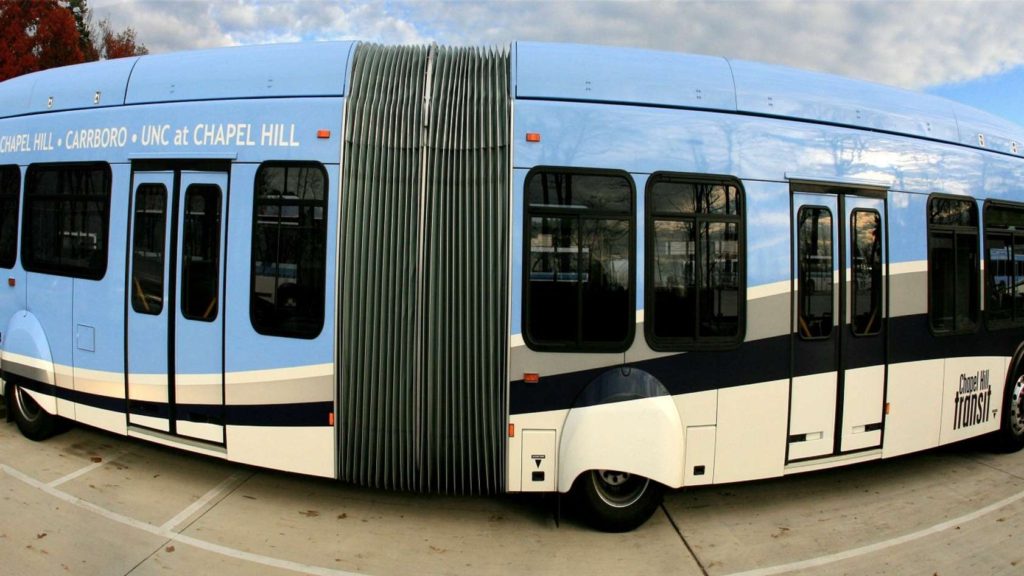
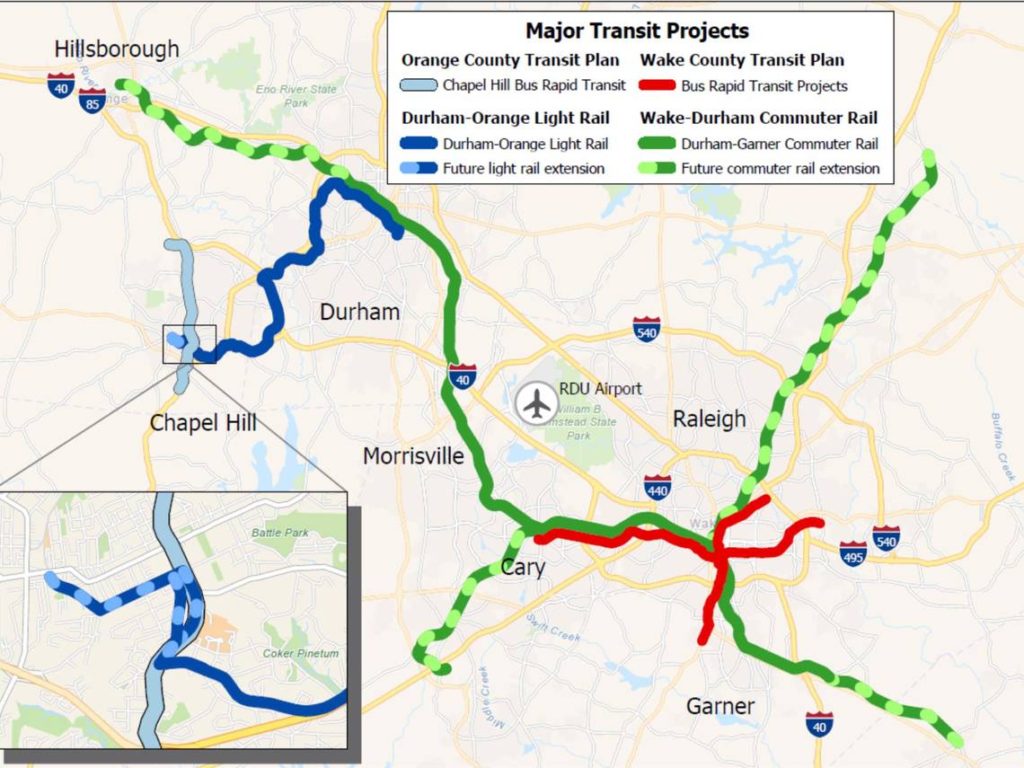

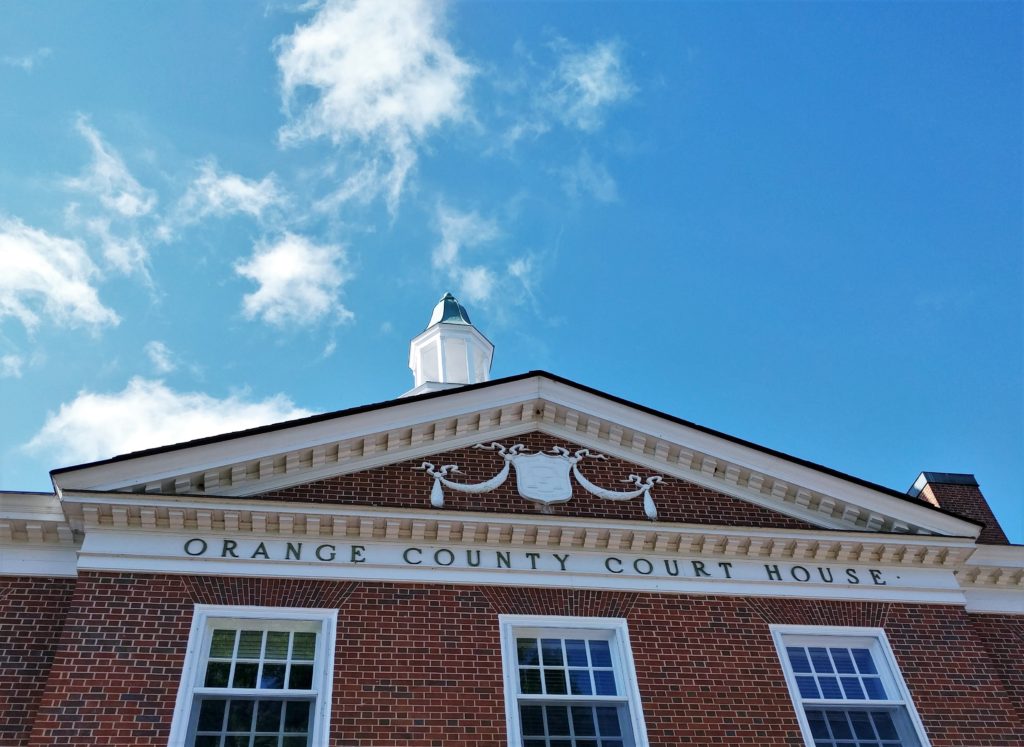
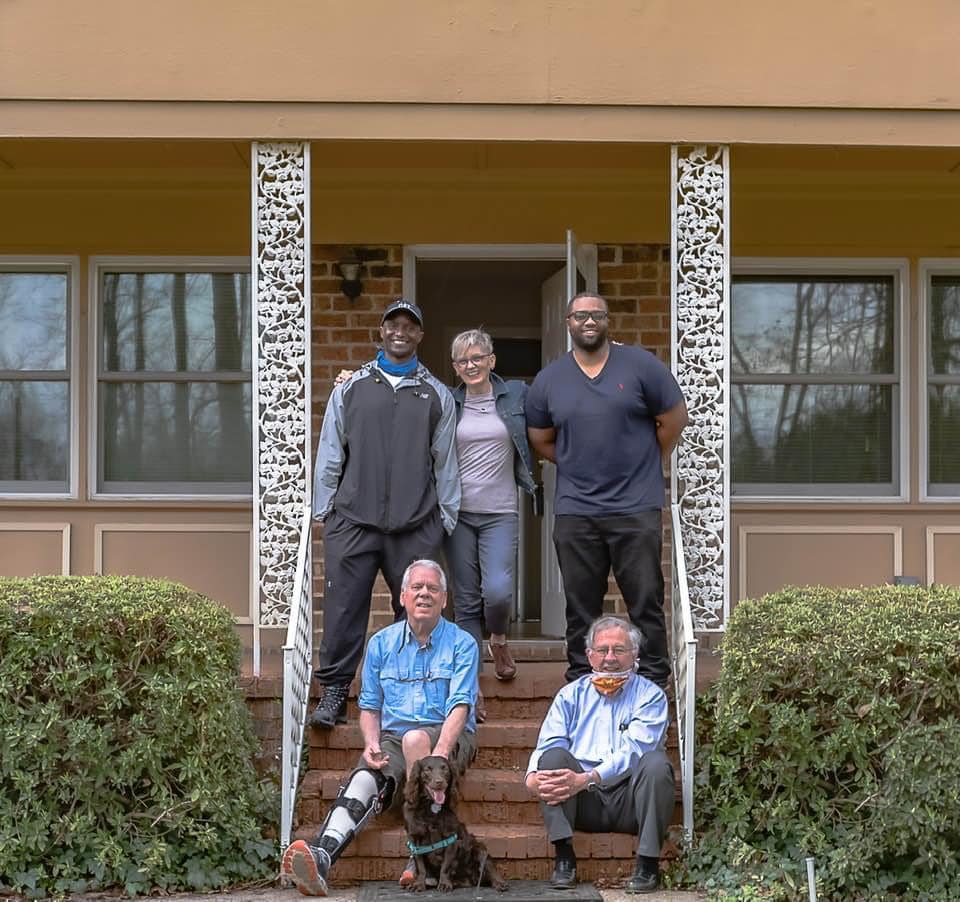
Furthering Orange County’s pathbreaking work in criminal justice reform.
The county has established its leadership in criminal justice reform as it has worked to overcome racial inequities and provide necessary help for every justice-involved person.
A new county-supported resource, for which I advocated, is the nonprofit Reentry House Plus, which provides housing and support to individuals transitioning from prison.
My current priorities include the following:
- Effective use of opioid settlement funding. North Carolina will receive around $750 million in funding from the settlement of a major class action against opioid manufacturer Johnson & Johnson and three distributors of the drug. Because of my work to ensure that most of this funding will flow directly to the counties, I will remain involved to see that Orange County’s share is allocated most effectively.
- Establishing a behavioral health/crisis diversion treatment center. Our law enforcement and criminal justice personnel understand that many times, what a person causing a crisis really needs is mental health treatment. A task force is already at work to plan a behavioral health treatment center, and I will strongly support its funding and implementation.
- Transitional housing for people exiting from jail and prison. I will advocate for a new program proposed by the county’s housing department and the criminal justice resource department that will supplement the work of Reentry House Plus by creating more housing options for people with histories of justice involvement.
Answering the call to action on climate change mitigation and inequities in environmental protection.
Four decades ago, Orange County’s pioneering vision for water quality preservation led it to become the first county in the state to adopt watershed protection zoning. Establishing a rural buffer in the county has not only offered environmental protection, but has also prevented sprawl by constraining the footprint of development within Town boundaries. Today, land use planning toward environmental values involves many more facets, including preserving farmland and stream corridors, ensuring clean water supply and air quality, and allowing for natural areas and wildlife habitat. We will continue to preserve our urban-rural balance as we make decisions about adding new housing and businesses.
Today’s priorities for all aspects of county governance must include intensive efforts to combat climate change. In 2019 I attended a Climate Reality leadership training conference in Atlanta in which Al Gore and Rev. William Barber Jr. highlighted the ways in which climate change disproportionately impacts low-wealth minority communities. Lessons learned there inform my approach to local policy decisions.
- Continuing to advocate that the first priority in selecting funding projects through the quarter-cent climate mitigation tax will be their social justice/racial equity impact.
- Continuing to advocate that half of the climate mitigation tax be reserved for school-based projects (also prioritizing social justice/racial equity impact).
- Establishing a formal Orange County plan for environmental protection and climate change mitigation that is comprehensive in its scope and serves to coordinate the work we are already doing on the issue — and help us plan future initiatives.
- Pushing to complete Orange County’s portion of the Mountains-to-Sea Trail, which forms a part of the natural ecosystem and also provides healthful recreational opportunities.
- Continuing to fund Lands Legacy program to conserve natural and cultural resource lands.



